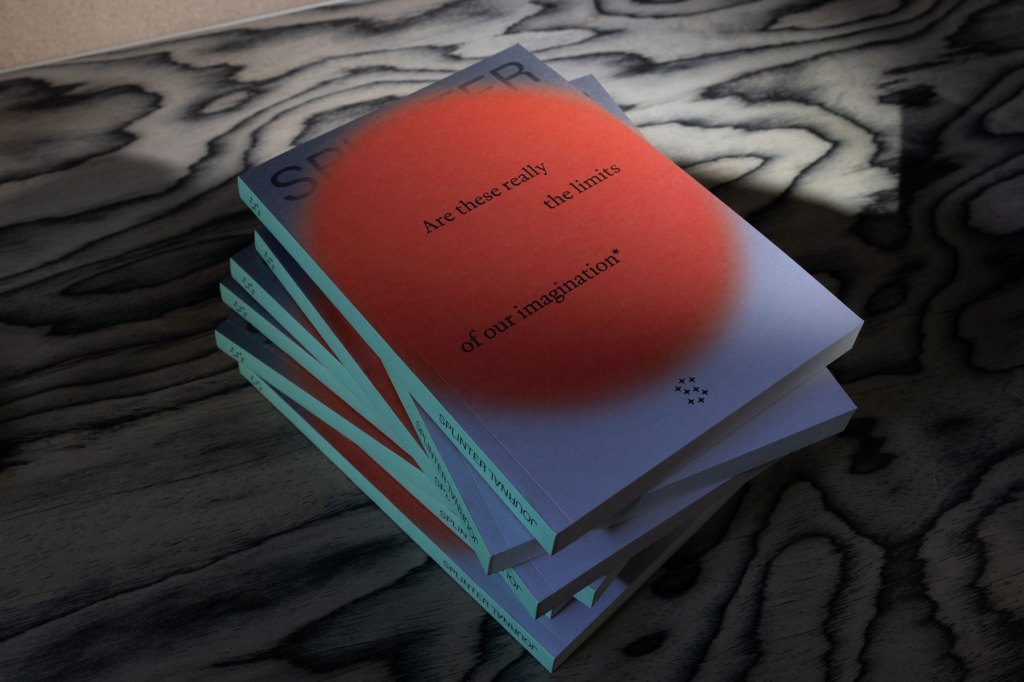Writers SA: An open book
Australia’s oldest writers’ centre will mark its 40th anniversary with plans to bring writers and readers closer, new programs and digital platforms, writes its CEO Laura Kroetsch.

Talking cats, cosy crime, sea monster sex – publishing today looks very different to how it did in 1985. I wouldn’t say less raunchy, but certainly more willing to put this world aside. So much fantasy, so many dragons.
Way back in 1985, Helen Garner was up to mischief in Melbourne (Monkey Grip), Kate Grenville’s women were well out on the edge (Bearded Ladies), and Robert Drewe’s The Bodysurfers was about to sell 20,000 copies.
And Writers SA was born, the first of the Australian Writers Centres. It was founded to support writers and writing, and that passion endures.
As we round the sun again, Writers SA is looking to tweak the language and to broaden the focus of the organisation. Where we once said we support writers and writing, we now say we support writers and readers. Readers are what make this industry go, and it is writing that connects writers and readers.
The last few years have not been much fun. COVID knocked the arts around a bit and even that lonely soul, the writer, was forced to stay home. They could do courses online and mentorships, but no drinking together, complaining and comparing word counts (how many did you do today?).
You might like
On the other end of the couch, so to speak, was the reader, curled up with a good book waiting for the sourdough to rise.
As a nation, Australians are readers. The National Reading Survey (2021) found that some 75 per cent of the public reads a book a year. And of those surveyed 38 per cent think the pandemic got them reading more. A good thing. Yes?
For many, a Writers Centre is a sacred place for writers, and writers alone, and this bewilders me as all the writers I know are readers. There is a similar belief held around literary festivals, which is even more peculiar as most of the writers I know also enjoy an audience.
Here in Adelaide and across the country, we readers are indebted to our writers as it was the writers who created these organisations. We appreciate what writers do and we are curious to know more. We are also willing to invest, if I like the book I will buy more – promise.
Today we live in an Australia where the language around arts funding is changing. As a culture we are investing in notions of community, well-being and engagement. We are at long last championing First Nations artists, those in the Deaf/disabled and LGBTIQA+ communities. We are encouraged to make a space to share, to nurture, to encourage. So now it’s time to also let the readers take part.
Here at Writers SA those ideas have resulted in the journal Splinter, the first issue of which hit the shelves this month. Splinter is a terrific example of the writing here in Australia and around the world. There is an urgency to the writing, a quiet demand to be heard, same as there was 40 years ago, only different, because these are the next generation of writers. Helen Garner can’t be expected to do it all.

To celebrate our 40th birthday, the Writers SA program for 2025 will look the same, but different. Alongside the workshops, masterclasses and mentorships we will run new programs. Programs that aim to bring writers and readers together to talk about the craft of writing, or what it means to ‘read like a writer’.
We are and will continue to be a membership organisation, and we are at this moment thinking about what membership means – what our members need and what they don’t yet know they want.
In 2025, we will celebrate our birthday by creating online platforms for our membership to share their work, to ask for advice, to seek solace and to support each other as they continue to ask, what was the word count? How many?
Our ambition is to widen our reach, to include writers at every stage of their careers, including those for whom writing is a private activity. Writing is the only art form that does not allow for an amateur culture. Which I find annoying, as writing in and of itself is a worthwhile activity, it does not require publication to have merit. Writing brings comfort and helps negotiate trauma. It also helps us remember who we once were and who we are now.
As we celebrate 40, we will support diverse voices across a range of skill levels – encouraging dreams, aspirations and publishing decisions. We will also have reading lists, gatherings to talk about books and outreach programs that will work with our communities to help encourage writing as a means of care, communication and even affirmation.
We are not re-inventing the wheel so much as inviting everyone to share in its benefits.












